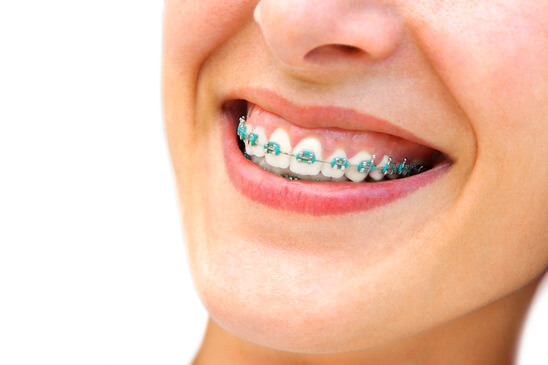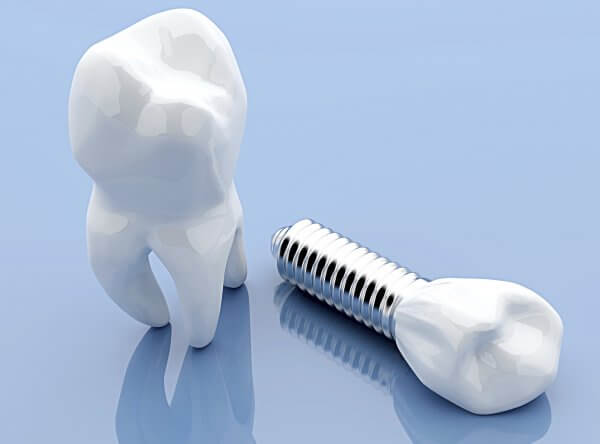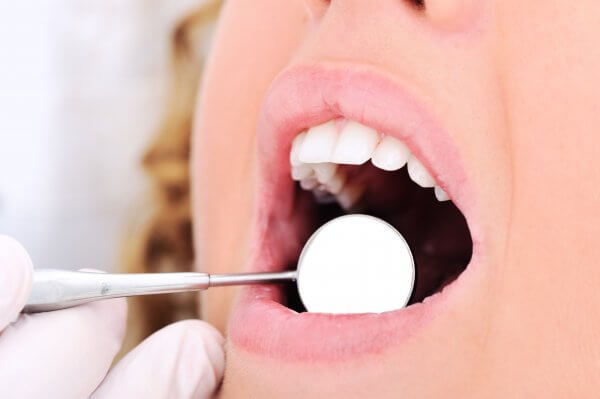A bit about wisdom teeth
Wisdom teeth are the last teeth to erupt, the final molars on each side of the upper and lower jaws. Wisdom teeth usually emerge from age 16 to 25 or older. Most people have 4 wisdom teeth but in some cases people may not develop some.
Impacted wisdom teeth
When these teeth don’t have enough room to come in normally, they can get wedged in or ‘impacted’, twisted, tilted, or displaced.
You may not know that you have impacted wisdom teeth. Food and bacteria can become trapped under these teeth causing an infection known as ‘pericoronitis’. Symptoms may include pain, swollen and bleeding gums, swelling around the jaw, bad breath, headaches or jaw ache, and/or an unpleasant taste when eating. Some people may also experience stiffness of the jaw.
Treatment
If you display these symptoms you will need to consult a dentist and have an OPG or CT scan to diagnose the problem. Antibiotics alone will not treat the problem long term.
Why? To treat the above infection we need to get rid of the problem, that being the impacted wisdom tooth or teeth.
Impacted wisdom teeth that are left untreated can lead to damage to your other teeth and spread infection to your head and neck and airways making you very unwell. Hence, this problem needs urgent attention. Removal of wisdom is the best solution.
Prevention
Regular dental appointments and X-rays can detect impacted teeth early before they start to show symptoms.
Wisdom tooth extraction – support your recovery
- Take time to relax after undergoing a wisdom tooth extraction procedure to allow your body to heal more effectively. Take a few days off from work or school and don’t overexert yourself.
- From the time of the procedure, we advise that you apply an ice pack on your jaw as much as possible for the first 24 hours. This will reduce swelling in your jaw and cheeks and may even help to numb the pain.
- Manage your pain levels with anti-inflammatory drugs or painkillers prescribed by us.
- At Cabarita Dental you will receive a comprehensive instruction flyer which is tailored to you and your recovery.
- Keep your mouth clean and regularly rinse your mouth with warm salt water mouthwashes. This will help with the healing of the extraction site.
- Stick to soft foods, such as yogurt, smoothies, broth, and jelly for the first day or two. Gradually introduce solid foods back into your diet.
- When you sleep, prop up your head with a stack of pillows. This will not only prevent swelling, it will also help prevent excessive blood flow in your mouth.
- If you take the proper steps to alleviate pain and swelling, you can recover and be back to normal within a few days.
- It is important that you attend your complimentary review appointment so that Dr DeLillo can monitor your recovery.




